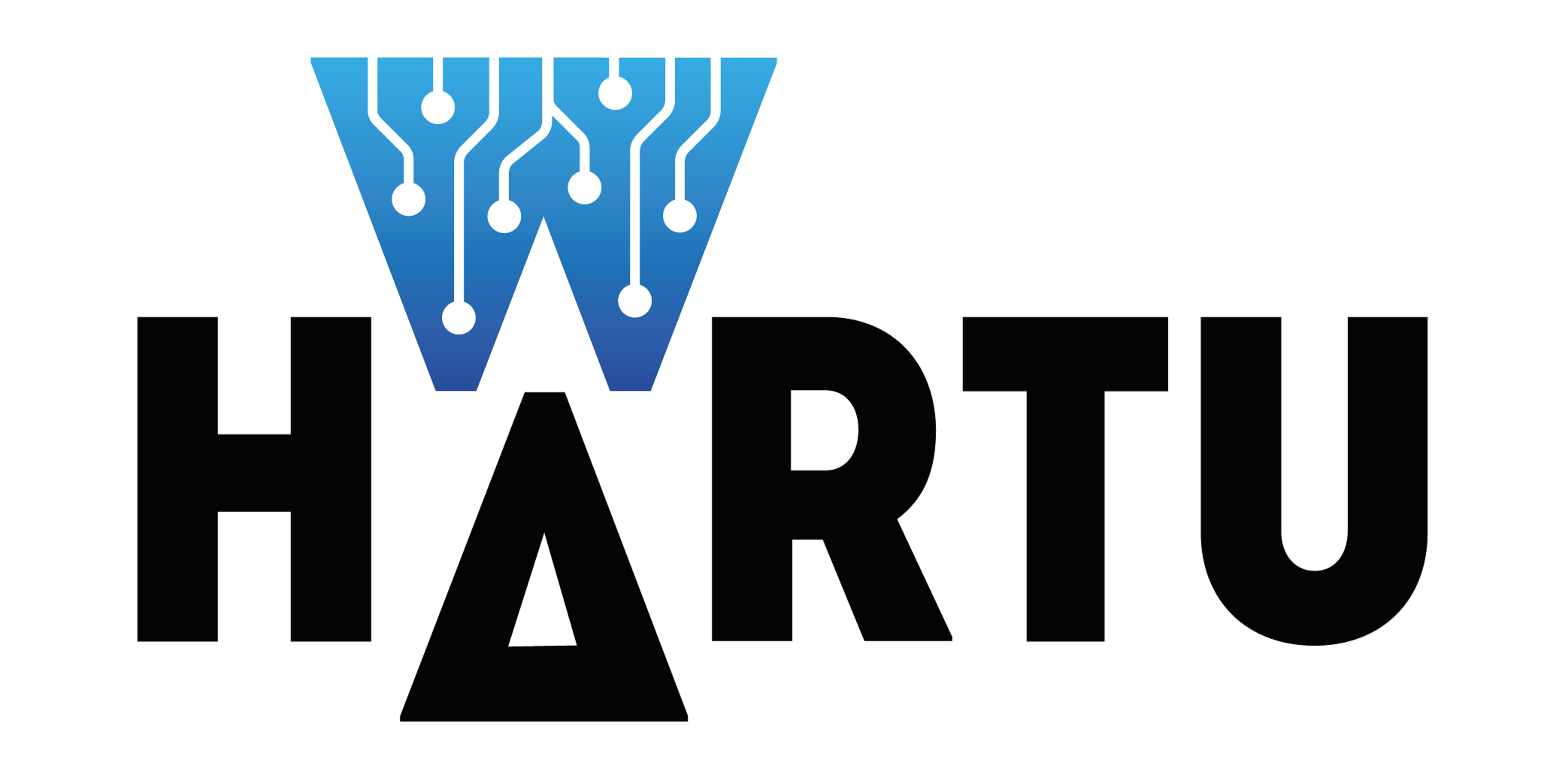A more efficient, flexible, and safer manufacturing industry with HARTU
The European project will bring European industries towards collaborative 5.0 models and improve production line efficiency using Artificial Intelligence and robotics
The project will assist European manufacturing companies in moving towards Industry 5.0, also known as Collaborative Industry, by facilitating the interaction between humans, robotics, and AI systems in their production lines. HARTU — short for Handling with AI-enhanced Robotic Technologies for flexible manufacturing — is funded by the Horizon Europe programme and started in January. During the three years of the project, HARTU researchers will work within five industrial companies, to study their productive and organisational characteristics, gather necessary requirements, and develop the best systems and methodologies to increase flexibility, reconfigurability, and production line efficiency with innovative robotic components. HARTU is coordinated by Tekniker technological centre, and the consortium consists of 14 partners between companies and research institutes: 12 in Europe, and 2 in Taiwan.
The project will focus on five use cases, four of which are based in Europe, and one based in Taiwan. The use cases comprehend different manufacturing realities: automotive, household appliances, hand tools, food sector, and logistics. In these diverse industrial contexts, HARTU researchers will concentrate on the robot’ abilities to learn to manipulate and assemble a wide range of objects with different shapes, materials, and sizes. The aim is to develop an effective and intelligent AI-enhanced system that can overcome the difficulties associated with the complexity of various working environments, and that can learn and improve its capabilities over time.
Iñaki Maurtua – HARTU’s project coordinator:
Current trends leaning towards mass customisation, where the demand of a high variety of products in small quantities has been constantly growing together with e-commerce services, do not facilitate a standard ad-hoc programming of manipulation tasks as they would be impractical. HARTU will address the necessity of manipulating multiple parts of different sizes, shapes and characteristics, facilitating the flexibility of manufacturing production lines, by introducing new and innovative gripper concepts and Artificial Intelligence learning techniques.
Press coverage:
- TEKNIKER: https://www.tekniker.es/en/robotic-product-handling-more-flexible
- Deep Blue blog: https://dblue.it/hartu-ia-industria-manifatturiera/
- ITRI: https://www.itri.org.tw/english/ListStyle.aspx?DisplayStyle=01_content&SiteID=1&MmmID=617731531241750114&MGID=1220026645146162735
- Il giornale delle PMI: https://www.giornaledellepmi.it/lintelligenza-artificiale-per-incrementare-la-produzione-dellindustria-manifatturiera/
- ITIS magazine: https://industry.itismagazine.it/approfondimenti/hartu-accompagna-il-manifatturiero-verso-lindustria-5-0/
- Open Gov Asia: https://opengovasia.com/taiwan-improves-manufacturing-with-ai-enhanced-robotics/
- La Repubblica – Puglia Economia: printed newspaper
-
Poliba Chronicle: https://polibachronicle.poliba.it/sistemi-di-intelligenza-artificiale-per-il-settore-manifatturiero/






